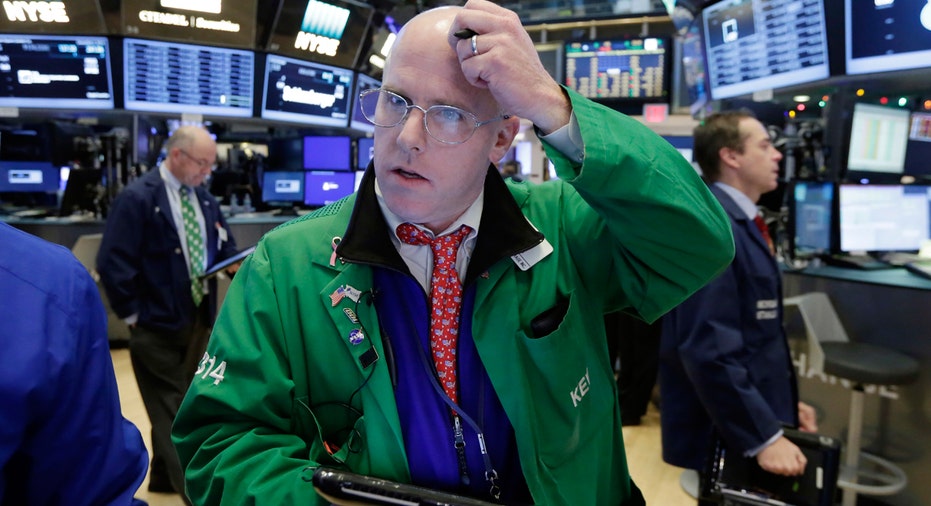Wall Street Treads Water as Bank Stocks Fall

Wall Street ended slightly lower on Thursday, held down by bank shares in quiet holiday trading as traders looked to position for the new year.
U.S. equities have stalled in recent days after rallying in the wake of Donald Trump's Nov. 8 election as U.S. president. Investors are betting on benefits from Trump's plans to cut taxes and regulations and introduce fresh economic stimulus.
The post-election surge has put the benchmark S&P 500 on pace for a roughly 10-percent gain for the year, but has left some market participants nervous about a potential correction.
"We ran out of steam after the election rally. Now the market is at fair value and now it is: 'What is going to come next?'" said Scott Wren, senior global equity strategist at Wells Fargo Investment Institute in St. Louis.
The Dow Jones Industrial Average fell 13.9 points, or 0.07 percent, to 19,819.78, the S&P 500 lost 0.66 points, or 0.03 percent, to 2,249.26 and the Nasdaq Composite dropped 6.47 points, or 0.12 percent, to 5,432.09.
The Dow has yet to breach the 20,000 mark after repeatedly coming within 20 points of the milestone.
The S&P 500 financial index dropped 0.7 percent, the worst-performing sector, but has still risen about 20 percent in 2016.
Bank of America, Citigroup and Morgan Stanley each fell at least 1 percent. Goldman Sachs and JPMorgan weighed the most on the Dow.
U.S. Treasury yields fell across the curve as investors bought safe-haven government debt after a strong seven-year note auction.
Utilities and real-estate - which have lagged since the election - were the top-gaining sectors on Thursday.
"What you're seeing is some of the investors looking at the more recent losers and picking them up and rotating out of some of the post-election winners," said Paul Nolte, portfolio manager at Kingsview Asset Management in Chicago.
A drop in U.S. exports last month pushed the country's trade deficit in goods higher while the number of Americans filing for unemployment benefits fell last week in a positive sign for the labor market, reports showed.
Alan Lancz, president of investment advisory firm Alan B. Lancz & Associates Inc in Toledo, Ohio, said the jobless claims data was "right in line" and "corresponds with what we've had the past week - nothing that will move the needle from the standpoint of buyers getting enthused or sellers panicking out."
In corporate news, drug developer Cempra tumbled 57 percent after U.S. health regulators rejected its antibiotic.
About 4.9 billion shares changed hands in U.S. exchanges, well below the 6.9 billion daily average over the last 20 sessions.
Advancing issues outnumbered declining ones on the NYSE by a 1.41-to-1 ratio; on Nasdaq, a 1.03-to-1 ratio favored decliners.
The S&P 500 posted 1 new 52-week high and 3 new lows; the Nasdaq Composite recorded 80 new highs and 50 new lows.



















